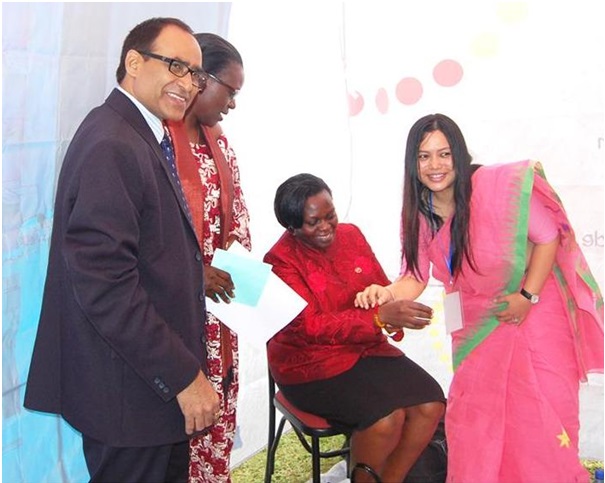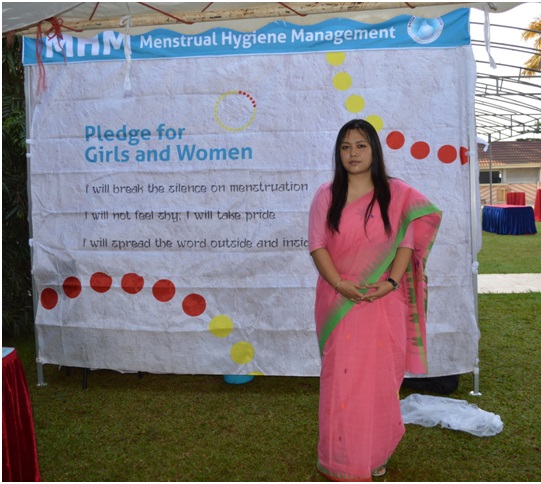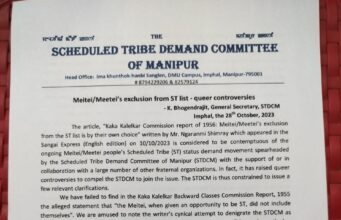 14 August 2014, Kampala, Uganda: In the first National Conference on Menstrual Hygiene Management in the East African country of Uganda, the government has committed to support any initiative on menstrual hygiene to ‘keep the girls in school’. The conference was organized by Water Supply and Sanitation Collaborative Council (WSSCC), a UN body from Geneva with a host of other national and international organizations including SNV, Water Aid and so on.
14 August 2014, Kampala, Uganda: In the first National Conference on Menstrual Hygiene Management in the East African country of Uganda, the government has committed to support any initiative on menstrual hygiene to ‘keep the girls in school’. The conference was organized by Water Supply and Sanitation Collaborative Council (WSSCC), a UN body from Geneva with a host of other national and international organizations including SNV, Water Aid and so on.
The commitment comes from reports and study that indicate that poor facilities and lack of sanitary material in schools forces girls to miss days in school whereby, in worst cases school drop outs increase and impacts education and development of school girls.
Uganda Minister for Primary Care, Sara Opendi Achieng with the help of state activist Urmila Chanam made her own menstrual hygiene management bracelet with red and yellow beads- the red beads representing the number of days a woman menstruates and the yellow for the days she doesn’t. Urmila explains the significance of the bracelet, “The bracelet represents your menstrual cycle and wearing it equals to your claiming that you are not ashamed of your menstruation!”
Urmila Chanam was invited by WSSCC to represent the Indian experience in menstrual hygiene management. She shared her Nirmal Bharat Yatra experiences with multitudes of girls and women present in the conference and taught them the biology and hygiene of it.











